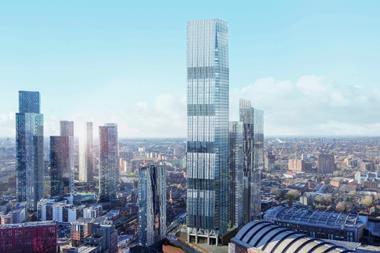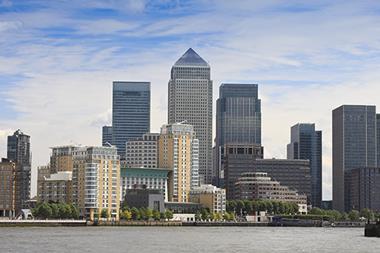When it comes to attracting visitors to any given space, developers and marketers have long been under the impression that ‘surprise and delight’ activity is the most effective method of retention – attracting and nurturing visitors with unexpected experiences.

Yet, while these efforts can seem successful in the short term, they offer only limited value in terms of memorability, visitor engagement and recall.
‘Hero’ events are where attention must be focused, as it is the finer details implemented through these activations that transform the public realm into the anchor of the scheme. This gives marketing teams new assets to further promote the development, drive destination footfall andm ultimately, encourage spend.
Developers should first consider a typical example of surprise and delight activity: a pop-up event offering a free activity such as face painting. Certainly, this will generate an enthusiastic response from families, who may spend a short time at the destination if surrounding amenities take their interest. This enthusiasm, however, will offer guests no reason to recall the destination they visited, or inspire them to return. The memory of their experience will cease to exist soon after the face paint has been scrubbed off at home.
Hero events, on the other hand, provide opportunities to create lasting memories – whether it be with a launch, one-off or seasonal creative placemaking event. Such an event could be as simple as a gaming activation for adults, a seasonal transformation of the area or an art installation celebrating a nationally significant event. On occasion, activations will offer this entire selection and more. Yet it is the extra consideration taken within placemaking that draws visitors back to said destination, focusing primarily on two factors: duration and engagement.
A perfectly balanced event will keep guests within the given area long enough to encourage spend, while also creating lasting impressions that leave visitors wanting to return. Meanwhile, social media, app usage and other avenues that guarantee engagement provide opportunities to measure event success and maintain connections with visitors long after the event is over.
Regardless of the concept, developers that provide the time and investment to consider events through development, programming, production, management and measurement are much more likely to see results.
When it comes to solo schemes, developers may want to tailor the activation specifically to the destination in question. But hero moments can also be toured to bring economies of scale.
Although engaging locally is key, the aim is to gain traction nationally – working with global attractions and artists to increase the catchment area of events.
The rise of the experience economy is only going to see hero events become increasingly important for developers looking to make their spaces unforgettable and ensure long-term engagement. More than three in four millennials (78%) have said they would choose to spend money on a desirable experience over something desirable, and 55% of millennials are spending more on events and live experiences than ever before.
The location-based entertainment marketplace, including any entertainment tied to a specific place outside the home, was projected to grow to $12bn (£9.6bn) by 2023. Based on current trends and past patterns, ChatGPT says the global experience economy is projected to reach $12trn by 2028, up from $5.2trn in 2019.
Needless to say, the further we progress into the post-pandemic world, which 58% of Brits surveyed said made them realise how much they valued experiences, the more people are keen to explore their environment, prioritise wellbeing and cherish new experiences.
This kind of investment could not be more important when aiming to attract new (and retain existing) audiences. A surprise may provide short-term investment in a scheme, but developers must not underestimate how much value a planned programme of placemaking events can add to the public realm.
Nick Morgan is chief executive of We Are Placemaking





























No comments yet